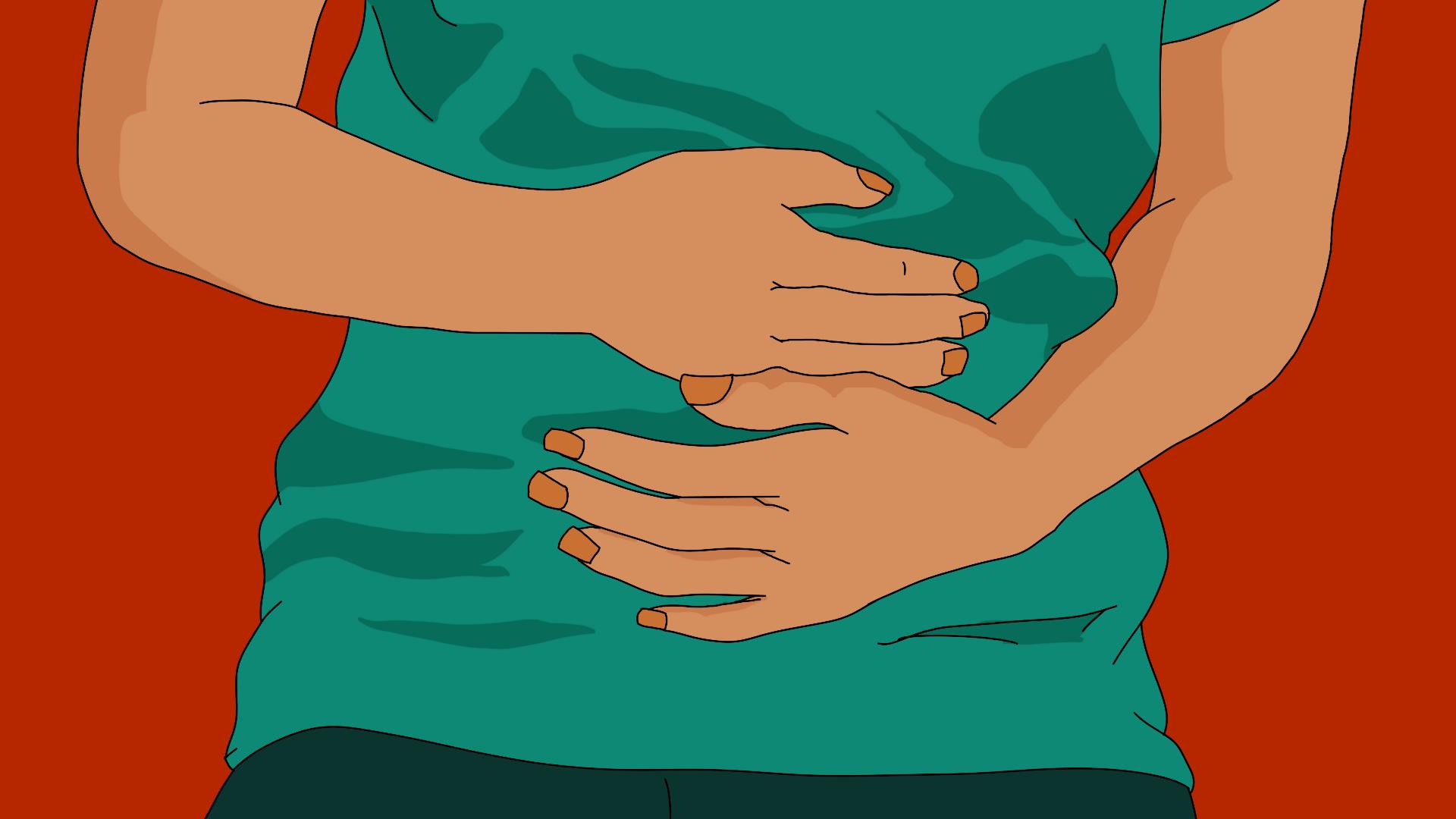🎧 Listen to: Stomach Ulcer

Stomach Ulcer
What is a stomach ulcer?
A stomach ulcer, also known as a gastric ulcer, is a painful sore in the stomach lining. It is part of a group of conditions called peptic ulcers, which affect both the stomach and the small intestines.
Stomach ulcers happen when the thick mucus layer that protects the stomach from digestive acids becomes weak or damaged. When this happens, the acid burns the stomach lining, leading to an ulcer. If left untreated, stomach ulcers can cause serious health problems.
How common is stomach ulcer in Africa?
Many Africans suffer from stomach ulcers, but not everyone knows about it or takes it seriously. Studies show that over 50% of adults in Africa have an infection with a bacteria called helicobacter pylori (H. pylori), which is one of the leading causes of ulcers.
In Ghana, research has shown that more than 70% of adults tested positive for H. pylori. In Nigeria, about 87% of ulcer patients were found to have H. pylori. Many people blame ulcers on hunger or skipping meals, but that is a common misconception.
Common myths about stomach ulcers?
- Myth: Ulcers are caused by hunger or skipping meals.
- Fact: While hunger can make ulcer pain worse, it is not the cause. Most ulcers are caused by bacteria or long-term use of painkillers like aspirin.
- Myth: Only adults get stomach ulcers.
- Fact: Even children can develop stomach ulcers, especially if they have H. pylori.
- Myth: Drinking milk helps cure ulcers.
- Fact: Milk may provide temporary relief, but it can increase acid production, making ulcers worse over time.
What causes stomach ulcers?
Stomach ulcers are mainly caused by:
- Bacterial infection: The H. pylori bacteria weakens the stomach lining, allowing acid to cause ulcers.
- Painkillers (NSAIDs): Long-term use of aspirin, ibuprofen, or naproxen can damage the stomach lining.
- High stomach acid levels: Some people naturally produce too much stomach acid, which can lead to ulcers.
- Smoking and alcohol: These irritate the stomach lining and slow ulcer healing.
- Stress and spicy foods: These do not directly cause ulcers but can make symptoms worse.
Symptoms of stomach ulcers?
If you have a stomach ulcer, you may experience:
- Burning stomach pain: Worse when hungry or at night.
- Feeling full quickly: Even after eating small meals.
- Bloating and frequent burping.
- Nausea or vomiting: In severe cases, vomiting may contain blood or look like coffee grounds.
- Unexplained weight loss: Losing weight without trying.
- Heartburn: A burning sensation in the chest.
- Dark, tarry stools: This can be a sign of internal bleeding.
If you have any of these symptoms, see a doctor immediately. Ulcers can become worse and cause serious complications if left untreated.
How is stomach ulcer diagnosed?
A doctor may use the following tests to check for ulcers:
- H. pylori test: Done through blood, stool, or breath tests.
- Barium swallow x-ray: You drink a special liquid that makes the ulcer visible in an X-ray.
- Endoscopy (EGD): A small camera is passed down your throat to look inside your stomach.
- Tissue biopsy: A small piece of stomach tissue is taken and tested for ulcers.
Treatment for stomach ulcers?
Most stomach ulcers can be treated without surgery. Treatment depends on the cause:
If caused by H. pylori bacteria:
- Antibiotics to kill the bacteria.
- Proton pump inhibitors (PPIs) to reduce stomach acid.
- Bismuth supplements to protect the stomach lining.
If caused by painkillers (NSAIDs):
- Stop using the painkillers.
- Take H2 receptor blockers to reduce stomach acid.
- Follow-up tests to ensure healing.
In severe cases where ulcers do not heal or cause serious bleeding, surgery may be needed. This could include:
- Removing the ulcer.
- Closing off a bleeding artery.
- Cutting the nerves that stimulate acid production.
How to prevent stomach ulcers?
Prevention is better than cure! Follow these simple steps to avoid ulcers:
- Wash your hands regularly: H. pylori bacteria is spread through dirty hands and contaminated food.
- Avoid long-term use of painkillers: If you need pain relief, consult a doctor for safer options.
- Reduce alcohol and smoking: These slow down healing and make ulcers worse.
- Eat a balanced diet: Include fruits, vegetables, and fiber-rich foods to keep your stomach healthy.
- Manage stress: While stress does not cause ulcers, it can make symptoms worse.
